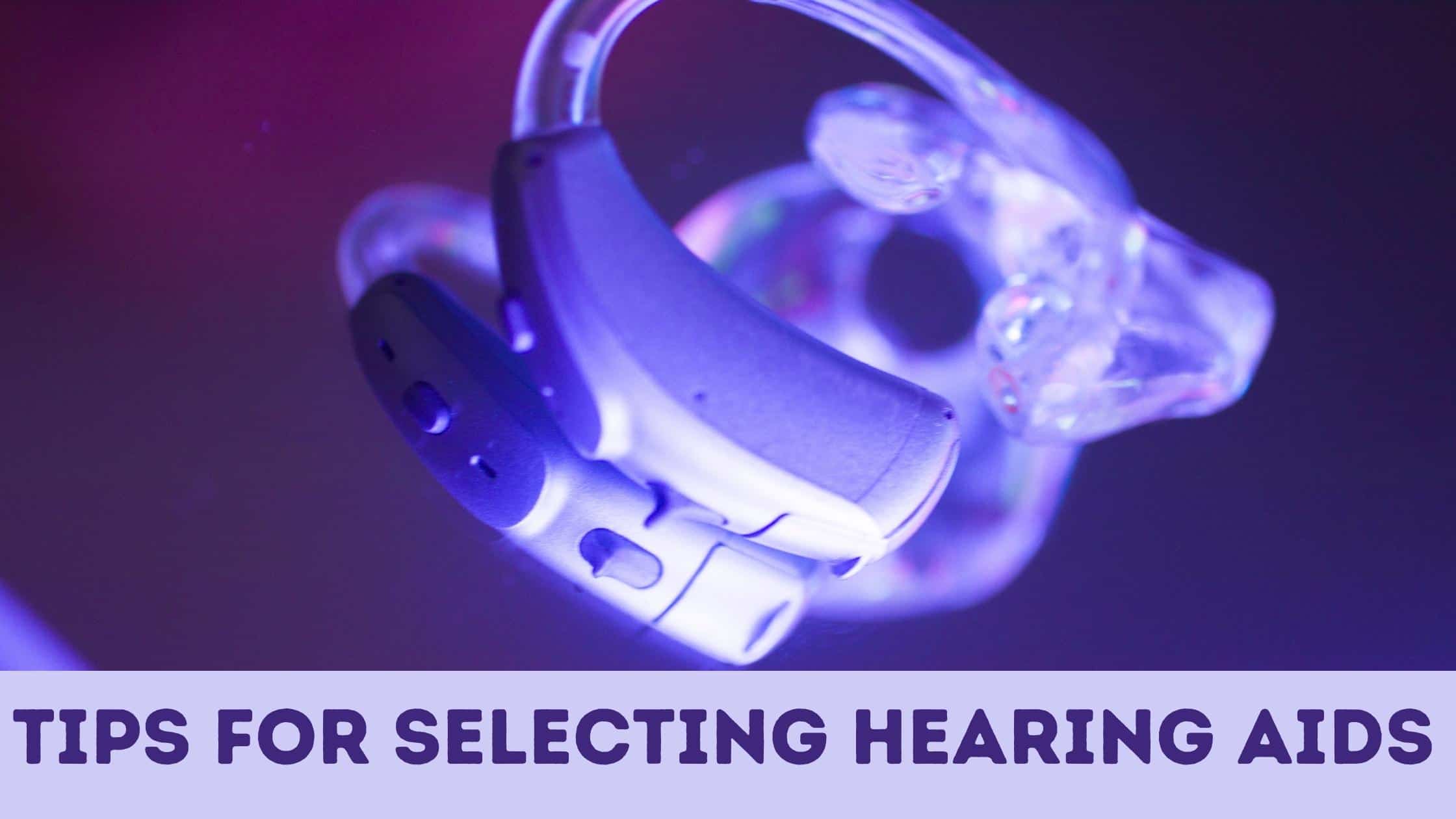Congratulations! You’re shopping for a hearing aid, so you already know the benefits to diagnosing and treating hearing loss. But for those of you who are merely browsing and have yet to complete a hearing consultation, here’s some additional motivation: Untreated hearing loss can lead to increased risk of associated conditions like social isolation, depression, cognitive decline and even dementia.
Hearing aids can significantly improve your quality of life and people who wear hearing aids are highly likely to recommend them as solutions to friends. Now that you’ve begun to shop, here are some tips to make the process more valuable.
Enlist a buddy
While it can be overwhelming to begin to disclose your hearing loss to others, it’s smart to take at least one good friend into your confidence. Taking a companion along with you to begin your new hearing health journey can help give you the confidence boost to ask questions you feel reluctant around. You can participate in the conversation with your hearing health professional and rely upon your pal to take down notes.
Having a friend or family member alongside can help ease the emotional burden of confronting hearing loss.
Find a hearing health expert you trust
We offer services from trained hearing health professionals. Our team’s experience is driven by the passion of enhancing people’s hearing health and listening experience. We work to make sure that you feel at ease and listened to. We ask about the qualities of your hearing health and also about the unique structure of your life in order to find you a solution that perfectly fits your needs.
We encourage questions and won’t force a particular product or outcome on you. Our team provides expert guidance to give you support and information that helps guide you to a better listening life, on your terms.
Get a clear picture of your needs
We’re not always the best evaluators of ourselves. That’s where a good buddy and a curious hearing health professional can help you get a full picture of your lifestyle. Some questions you might ask yourself to prepare:
- What are the top three listening scenarios you want hearing aids to aid in?
- Do you consider yourself more outdoors-y or homebody-ish?
- Are you a person who quickly adapts to new tech?
Take it on a test drive
Consult with us to see if you can take your new hearing aids on a litte trial spin before you commit to a purchase.
Inquire about warranties
Extended warranties and maintenance schedules vary across manufacturers and models. Some warranties are quite generous. That’s not necessarily the reason you should purchase a specific set of hearing aids, but it can be a handy way of deciding between a few options because it’s for sure a mark in the pro column.
Keep in mind there is an adjustment period
New hearing aid wearers need to be prepared for a sometimes lengthy adjustment period. The truth is that choosing hearing aids doesn’t mean you’re going to return to your pre-loss levels of hearing. Some people get frustrated and abandon their new hearing aids before this period is over. We promise: it does get better! It’s better, however, to be prepared for this period which will require some effort and patience on your part.
Ask about ongoing training
An obstacle for some people in maximizing the investment in your new hearing aids is being comfortable with all the bells and whistles. It’s great to just be able to turn your hearing aids on and go, but there may be functions available to you with your purchase that you need some tutoring on. For instance, syncing your hearing aids with your smartphone or other bluetooth technologies can really enhance your experience, but only if you know how to access them!
Take advantage of funding
Some states provide better funding for hearing aids than others, mandated by state or local government. Look into available government or public funding on your own and check into your healthcare plan if you are using private insurance. Our team is a great resource to inquire into what other options neighbors are using to help supplement the cost of their hearing aid investment.

